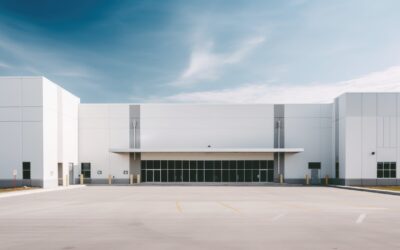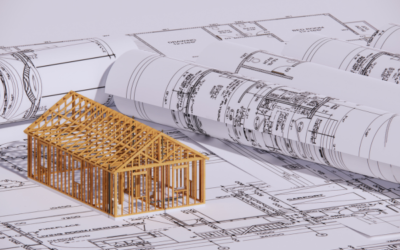Once Upon a Time in the Future: Understanding the Risks & Uncertainties of Artificial Intelligence (AI) Development In Complex MEGA Construction Project Environments
Recently, significant construction projects have been announced for extensive AI development, necessitating vast amounts of construction resources. These MEGA projects will require substantial quantities of steel, cement, lumber, electrical equipment, and miles of...
Once Upon a Time In Construction, The Impossible Hotel Completion: When Miracles Come At A High Price
Our client attentively listened to the project review regarding the challenges and delays associated with the forty-story hotel and shopping center. After some time, they expressed their confusion, stating, “I do not understand how this happened! I thought we were in...
Once Upon A Time In Construction: When Promises Fall Apart
Our client was distraught and blurted out “ they said it would work” and now we have to demolish it. How did this happen? During the mid-90’s it was feared by the EPA that landfills would soon be at capacity to accept sewage sluge and the EPA had recently banned ocean...
MDCSystems® Taking Off with Commercial Drones
MDCSystems® has recently entered the commercial drone industry with its drone for various inspection and engineering evaluation services. The future for the commercial drone industry looks very bright. In 2015 the U.S. commercial drone market size was an estimated...
Change Orders: Maximizing Benefits for Owners
Ronald F. Parisi, P.E.
Former MDC Systems® Project Director
Owners involved in ongoing construction projects are virtually unanimous in recognizing the need to minimize the number and amount of change orders as a way to keep the project costs within budget. In viewing change orders with only this in mind, however, owners may tend to overlook the benefits that the change order process offers to owners. The primary benefits afforded by the change order process are that it allows owners the flexibility to respond quickly, to capitalize upon opportunities and to mitigate problems — both of which frequently arise during the course of construction.
Privatization of American Water Utilities
Donald R. Keer, P.E., Esq. MDCSystems® Consulting Engineer The pressure is growing on local municipalities to consider privatization of their water and wastewater systems. Both the EPA and the Bush Administration favor privatization as a way for local municipalities...
Building Information Modeling – Boon or Bane?
MDC Systems® has recently become aware of a number of large projects exhibiting major problems despite the ‘spectacular’ abilities of Building Information Modeling (BIM) and other project technologies. Some of these projects have been highlighted in recent industry publications and legal filings. These issues often fall into several common areas which are summarized below.
Shipyard Contracts: New Construction vs. Ship Repair
Contracts for the construction of new ships have many key differences from contracts for ship repair. The most obvious difference concerns the type of work (new versus repair) but other important differences exist concerning the nature and extent of changes, scheduling, engineering and contract claims. Attorneys and others involved in contract administration and dispute resolution need to understand these important differences.
Why is there a Labor Overrun?
On a large multi-million dollar project, it shows up in the cost reports. On a smaller project, the schedule may start to show specific activity schedule slippage. The same estimator developed the bid, the project scope has not changed and your most trusted foreman says he has excellent crews. You might be experiencing labor inefficiencies and probably don’t know it. The cost reports and schedules might tell you that it occurred, but it will require additional data / analysis to determine why it has occurred and who has caused it to prove entitlement and to calculate your recovery costs.
Avoiding Death by a Thousand Cuts
Cost and Schedule Issues
You are a month and a half into construction of a planned one year project. It’s a new client and if you do well, you are in line to construct his future projects. However, the Engineers’ drawings don’t quite match the existing site conditions; there is already an inordinate amount of Requests for Information (RFIs), and the Client is very involved with your construction means and methods. No change orders have been written because 1: You “worked-around” the site layout problems; 2: There is still time to resolve the unanswered RFIs and 3: The finish milestone on the project has not been affected because you used float in the schedule. In any event, you don’t want to “nickel and dime” the new client.









